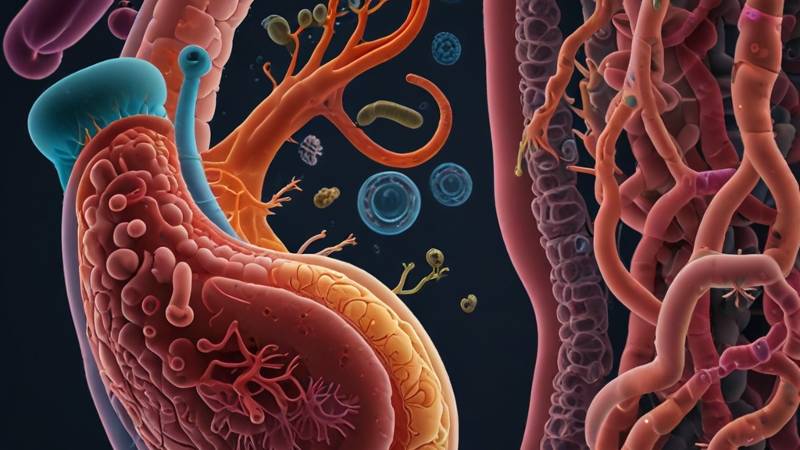In a study published in Nature Communications, scientists at University of Utah Health have shed new light on the complex interplay between gastrointestinal (GI) distress and social behavior. The research, led by microbiologist June Round, Ph.D., demonstrates that manipulating the gut microbiome in a controlled manner can impact both health and behavior, paving the way for personalized therapies targeting the gut-brain axis.
Unraveling the Gut-Behavior Connection
The study, conducted by graduate student Garrett Brown, Ph.D., began by investigating the behavioral impact of GI distress in mice. The team induced colitis, an inflammatory condition causing pain, diarrhea, and intestinal damage, in the animals and observed their social interactions after the symptoms subsided.
Surprisingly, while the mice showed no signs of anxiety or depression, they spent less time interacting with unfamiliar mice compared to their healthy counterparts. This reluctance to socialize bore a striking resemblance to the social impairments associated with autism, prompting the researchers to explore the role of gut microbes in both GI problems and autism-related behaviors.
Identifying Microbial Protectors
To delve deeper into the gut-behavior connection, Brown transplanted stool samples from individuals with autism and their neurotypical family members into mice. When colitis was induced in these animals, those carrying microbes from autistic individuals experienced more severe intestinal damage and weight loss compared to mice with microbes from neurotypical individuals.
Through meticulous analysis, the researchers identified two specific groups of bacteria that appeared to play a protective role: Blautia and Bacteroides uniformis. When these bacteria were introduced into mice prior to inducing colitis, they not only reduced intestinal problems but also had a corresponding effect on social behavior.
As June Round explains, “This is an example where we are missing microbes, and missing these beneficial microbes is driving disease.” The study’s findings underscore the potential for developing personalized microbiome-targeted therapies, where specific beneficial microbes could be introduced to alleviate both GI distress and associated behavioral changes.
While further research is needed to clarify the effects of these bacteria in humans, the study represents a significant step towards unraveling the intricate relationship between the gut microbiome and the brain. As Round envisions, “One day, we’re going be able to quickly analyze the microbiome and say, ‘Hey, you’re missing this really important microbe. We’re going to give it back to you.'”


